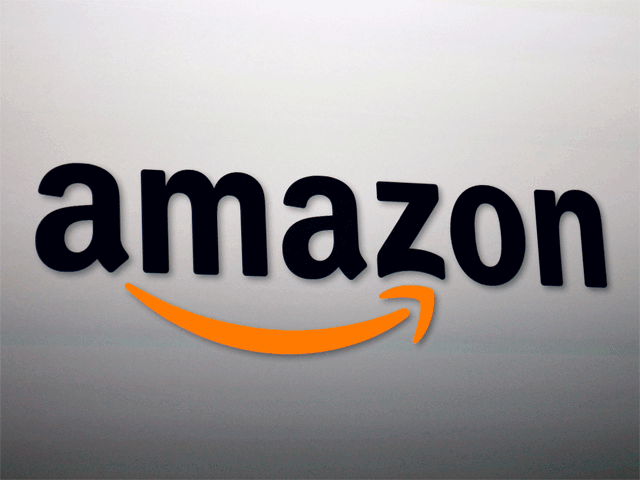
Amazon.com Inc. resurrected thousands of suspended product listings in India by selling much of its stake in top local venture partner Cloudtail, a hastily arranged deal intended to comply with stringent new e-commerce regulations that upended the market.
With the transaction, Cloudtail resumed selling products as of midnight, people familiar with the matter said. The Amazon entity sold 25 percent of its shares to Prione Business Services Pvt, a company run by billionaire Narayana Murthy’s Catamaran Advisors LLP. Prione now owns 76 percent of the venture from 51 percent previously, they said. The remaining 24 percent is now owned by a non-Indian arm of the U.S. retailer’s called Amazon Asia-Pacific Resources Ltd, they said, asking not to be identified talking about a private matter.
The deal allowed Amazon to recover a big chunk of item listings frozen since Feb. 1, when newly introduced e-commerce regulations threw Amazon’s and Walmart Inc.’s plans for the world’s fastest-growing online retail arena into disarray. Heeding complaints from small merchants, Narendra Modi’s government banned Amazon and Walmart’s Flipkart from cutting exclusive arrangements with sellers, offering deep discounts or holding any business interest in online merchants on their websites.
Amazon’s deal with Catamaran’s Prione complies with that latter rule, the people said, as Amazon’s Indian entity, the marketplace called Amazon Seller Services Pvt, has no direct relation to Prione whose stake is held by a Singapore-based Amazon entity.
“Catamaran has always been 100% compliant with every law of our country, India. We will continue to do so in the future,” Catamaran CEO Abishek Laxminarayan said in a statement on Thursday. “On February 6, 2019, Catamaran has effected the required changes to be 100% compliant with” the new regulations.
Despite Cloudtail’s return to Amazon.in, thousands of products remain missing from the virtual shelves of Amazon and Flipkart, which together account for 70 percent of India’s online retail market. Arvind Singhal of consultancy Technopak Advisors Pvt, has estimated their revenue growth could fall to 15 percent in coming months from 25 percent to 30 percent previously.
Lawyers representing Amazon and Walmart have been toiling without pause to stitch together new deals. Meanwhile, Amazon is working out a similar process with its other large seller called Appario Retail Pvt, the people said.
Meanwhile, items on Amazon Pantry grocery service also made a comeback on the platform. Amazon Retail India Pvt, the food retailing unit of the Seattle giant, was deemed compliant with India’s laws, which allow 100 percent foreign investment in food retailing. The company has written to the government seeking further clarity on the fully owned food retailer selling on Amazon’s platform, said people familiar with the developments.
Walmart, which shelled out $16 billion to acquire control of Flipkart Online Services Pvt last summer, said its commitment to India is deep and long-term.
“Despite the recent changes in regulations, we remain optimistic about the country,” said Dirk Van den Berghe, executive vice president and regional chief executive officer of Walmart Asia and Canada.
Walmart’s quarterly earnings are due later this month. Amazon’s shares have slid as analysts pushed the company for answers on India, a market the e-commerce titan regards as the best frontier for international expansion. CEO Jeff Bezos has pledged to spend $5.5 billion there, but executives had few encouraging words, saying on Thursday the effects of new e-commerce regulations in the country are still uncertain. Its newfound headaches in India come as a slowing global economy threatens to curtail consumer spending.
Amazon and Walmart now have to retool their strategies and potentially ward off stiffer competition from physical retailers or local rivals with deep pockets such as conglomerate Reliance Industries Ltd., which may benefit from the new laws.
Walmart’s and Amazon’s tactics have been controversial in a country where organized chains and large stores account for only about 10 percent of a retail market dominated by small sellers and mom-and-pop stores. The government’s decision on the e-commerce rules comes months ahead of a crucial general election. Small traders have traditionally been part of a support base for Modi’s ruling Bharatiya Janata Party.
No comments:
Post a Comment